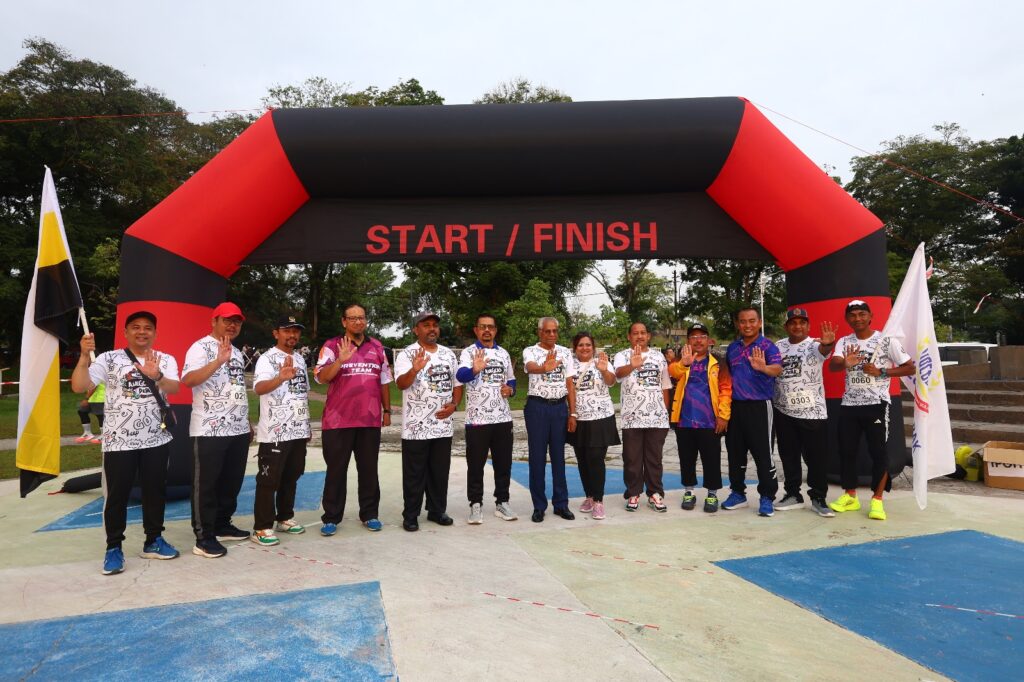
Thunderstorm warning issued for Kedah, Sabah, Labuan
KUALA LUMPUR : The Malaysian Meteorological Department (MetMalaysia) has issued a warning of thunderstorms, heavy rain and strong winds in several areas in Kedah, Sabah and Labuan, expected to persist until 3pm today. MetMalaysia, in a statement, said the affected areas in Kedah include Langkawi, while in Sabah, the warning covers the interior districts of Kuala Penyu and Beaufort, as well as the west coast areas of Papar, Putatan, Penampang, Kota Kinabalu, Tuaran and Kota Belud. The department also issued an advisory on tropical storm (Fengshen), which was detected at latitude 12.6 north and longitude 125.4 east, about 89 kilometres northeast of Samar Island in the Philippines. It said the storm is moving northwest at a speed of 25 kilometres per hour (km/h) with maximum wind speed of 74 km/h. MetMalaysia also said that the storm is located about 1,102 km northeast of Sandakan, Sabah, and poses no significant threat to Malaysia. - Bernama

